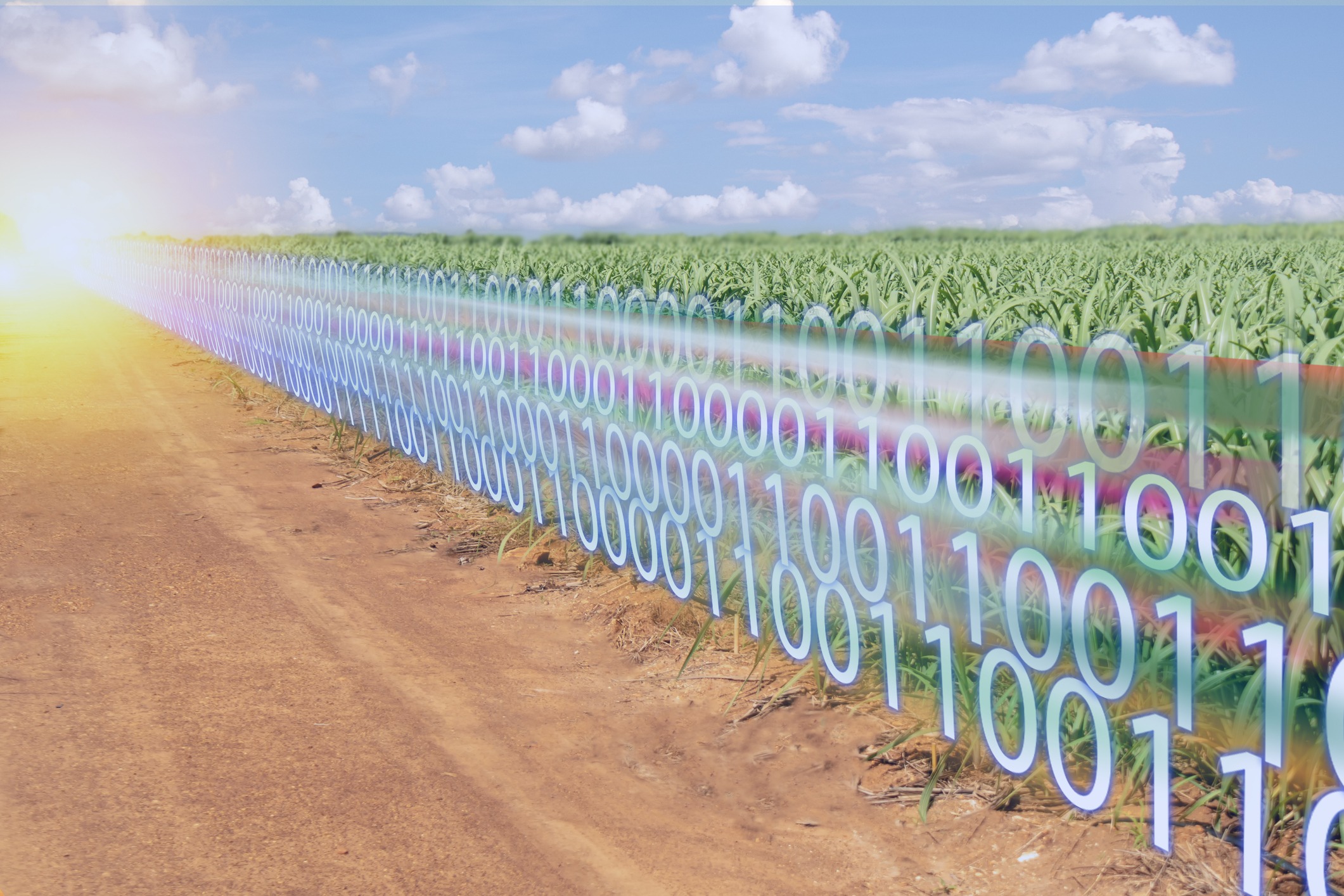Alibaba’s financial services arm Ant Financial has teamed up with Bayer Crop Science to develop an agricultural product monitoring system based on blockchain. The two parties aim to increase efficiency for the food and crops industry with the new tech, with the goal of helping farmers to increase their yield and ensure that their crops are of high quality.
“We are excited to join hands with Bayer Crop Science to explore the application of blockchain technology in agriculture. Agriculture is the foundation of human civilization,” said George Jiang, General Manager of Ant Financials’ Intelligent Technology Group, in the release. “Together with Bayer, our exploration of blockchain in agriculture will improve the transparency and responsiveness of its supply chain, and bring more value to consumers, farmers and the society.”
Ant Financial is 33% owned by Alibaba. It was established in 2014 and based in Hangzhou, China. The subsidiary’s brands include Alipay, one of the country’s largest mobile payment services. However, neither Bayer nor Ant Financial have shed light on the value of the deal or the structure of their business relationship.
AFN has reached out to Bayer and Alibaba for more details on the upcoming tech. Stay tuned for updates.
“By working side-by-side, we strive to assist the agriculture industry on its transformation in the new era, enhance the application of advanced agricultural technologies, increase agriculture production efficiency, improve farmers’ incomes, and protect food safety,” said Weidong Huang, the head of Bayer Crop Science’s Greater China division.
Bayer Crop Science has been actively working on the blockchain developments. Earlier this year, it signed a deal with BlockApps, a ConsenSys spinout. The move could also be seen as a move by its parent company to further ‘clean up its act.’ It has been embroiled in a scandal over its glyphosate-based weedkiller Roundup, made by its now-subsidiary Monsanto. The company is currently facing lawsuits in the US by multiple parties who claim that exposure to the chemical has caused cancer. Adding to that, environmental organizations have also been calling for Roundup to be banned, as some researchers have linked its use to bee deaths.
Bayer’s head of sustainability and business stewardship, Klaus Kunz, called the issue a “very emotional topic.” Check out the podcast my editor Louisa did with him for Future Food here.
The deal also follows a slew of recent Chinese partnerships by Bayer’s crop science and research wing, marking the German agriculture giant markedly growing presence in the country. It linked up with XAG in August to tackle an infestation of fall armyworm in China, pairing its insecticides with the drone maker’s robotic expertise. It also announced on October 1 that it plans to spend more than €25 billion on R&D at its agriculture unit over the next 10 years.
Check out our recent interview with XAG on its tie-up with Bayer, here.
A look at blockchain in China
China became one of the first countries to acknowledge the potential of blockchain tech. In 2015, the country mentioned in its 13th Five year IT plan (2016-2020) that “new technologies such as IoT, cloud computing, big data, AI, machine deep learning, blockchain, and bio-genetic engineering drive the cyberspace to evolve from the Internet of Everyone to the Internet of Everything.”
Even in foreign policy development, China has been proactive in exploring collaborations with the UK and Central Europe in the blockchain space. AT home, Beijing has lofty expectations, as it plans to issue its own national digital currency. A senior official at the People’s Bank of China commented in August 2019 that the bank is getting ready to issue a new digital currency.





